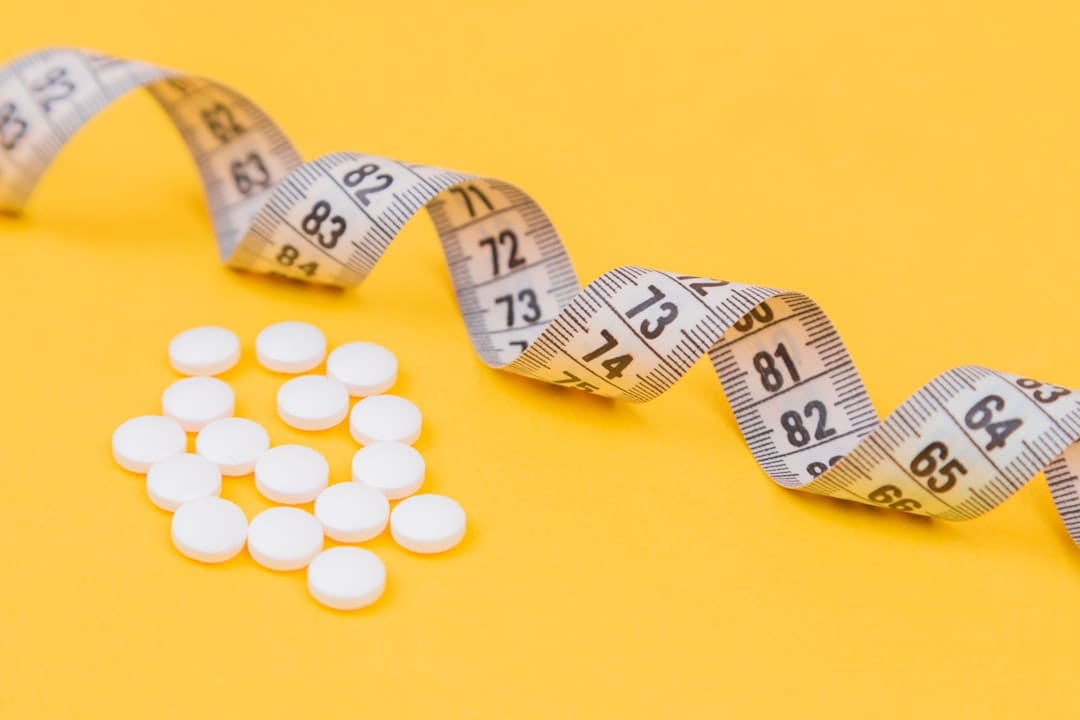Preparing for plastic surgery involves more than just scheduling your procedure. It also requires careful consideration of medications and supplements you may be taking, as some can increase the risk of complications during and after surgery.  Here’s a comprehensive list of medications and supplements you should avoid before undergoing plastic surgery to ensure the best possible outcome:
Here’s a comprehensive list of medications and supplements you should avoid before undergoing plastic surgery to ensure the best possible outcome:
Medications to Avoid:
- Non-Steroidal Anti-Inflammatory Drugs (NSAIDs):
- Examples: Ibuprofen (Advil, Motrin), Naproxen (Aleve), Aspirin.
- Why: These medications can increase the risk of bleeding both during and after surgery.
- Herbal Supplements:
- Examples: Garlic, Ginger, Ginkgo Biloba, Ginseng.
- Why: Many herbal supplements can interfere with anesthesia, increase bleeding, or interact with medications used during surgery.
- Blood Thinners:
- Examples: Warfarin (Coumadin), Clopidogrel (Plavix), Rivaroxaban (Xarelto).
- Why: These medications increase the risk of excessive bleeding during surgery.
- Certain Antidepressants:
- Examples: Monoamine oxidase inhibitors (MAOIs), such as Phenelzine (Nardil) or Tranylcypromine (Parnate).
- Why: They can interact with anesthesia drugs, causing dangerous increases or decreases in blood pressure.
- Vitamin E:
- Why: High doses of Vitamin E can increase bleeding risk.
- Corticosteroids:
- Examples: Prednisone, Dexamethasone.
- Why: They can suppress the immune system and interfere with wound healing.
- Diabetes Medications:
- Examples: Insulin, Metformin.
- Why: These medications can affect blood sugar levels, which need to be carefully controlled during surgery.
- Diuretics (Water Pills):
- Examples: Furosemide (Lasix), Hydrochlorothiazide.
- Why: They can cause electrolyte imbalances, which may complicate anesthesia.
What to Do Before Surgery:
- Consult Your Surgeon: Always inform your plastic surgeon about all medications and supplements you are taking. They will provide specific guidance tailored to your individual health and the planned procedure.
- Follow Instructions Carefully: Your surgeon may recommend stopping certain medications several weeks before surgery to minimize risks. Follow their instructions closely and ask questions if anything is unclear.
- Be Honest About Your Health: Provide a complete medical history, including any chronic conditions or allergies you have, to ensure your safety during surgery.
Final Thoughts:
Preparing for plastic surgery involves careful planning and attention to detail, including your medication regimen. By avoiding certain medications and supplements before surgery, you can help decrease the risk of complications and promote a smooth recovery process.
For personalized advice regarding your upcoming plastic surgery procedure, consult with your plastic surgeon. They are committed to ensuring your safety and achieving the best possible results for your aesthetic goals.
By adhering to these guidelines, you are taking proactive steps to enhance the success of your surgery and your overall satisfaction with the results.

